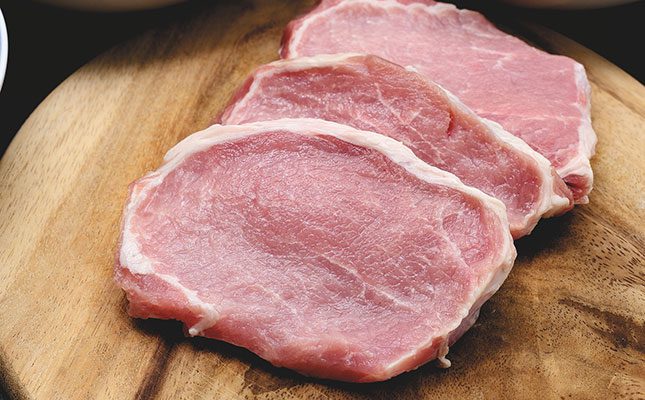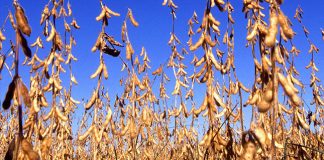
Mogler, who was quoted by the Successful Farming, said many of these producers had had to cope with high feed costs and stressful economic conditions since 2022.
Echoing this sentiment, NPPC CEO Bryan Humphreys said: “These are the most challenging economic times the industry has seen for 20 years.”
Proposition 12 bans the sale of uncooked pork in California from offspring of sows kept in pens with less than 24 feet (2,23m2) of floor space per sow. A measure promoted by animal rights activist groups, it was passed by 62% of California voters in 2018, according to Successful Farming.
The NPPC and the American Farm Bureau Federation instituted court proceedings to stop its implementation, citing the commerce clause in the US Constitution, which the courts had previously interpreted as empowering the federal government and not states to regulate interstate commerce.
On 11 May 2023, however, the US Supreme Court upheld the regulation. Justice Neil Gorsuch said in his verdict that voters in California had “overwhelmingly endorsed the ‘ethical pork’ law in 2018 and have the right to decide what products appear on store shelves”.
Large retailers and restaurant chains had also asked for change, following growing demand for “humanely raised meat”, with large pork producers such as Hormel and Tyson now preparing to comply, Successful Farming reported.
According to Rabobank, the current industry standard was between 14 and 20 square feet (1,3m2 and 1,86m2) per sow.
A study by the University of Minnesota estimated that converting facilities countrywide would cost between US$1,9 billion and US$3,2 billion (about R36,7 billion and R61,8 billion).
“Having the safest, most abundant, and most affordable food supply in the world is foundational to the US way of life,” Iowa secretary of agriculture Mike Naig told Successful Farming. He added that Iowa was the country’s leading pork-producer state, followed by Minnesota and North Carolina.
“The Supreme Court’s decision undermines that firm foundation. While the ruling is focused on agricultural production, it will certainly creep into other industries and sets the stage for a state-by-state patchwork of ever-changing and costly requirements that will increase the cost of production and drive higher costs for food and other consumer products.”
Naig added that the increased cost of production would ultimately be passed on to consumers.












